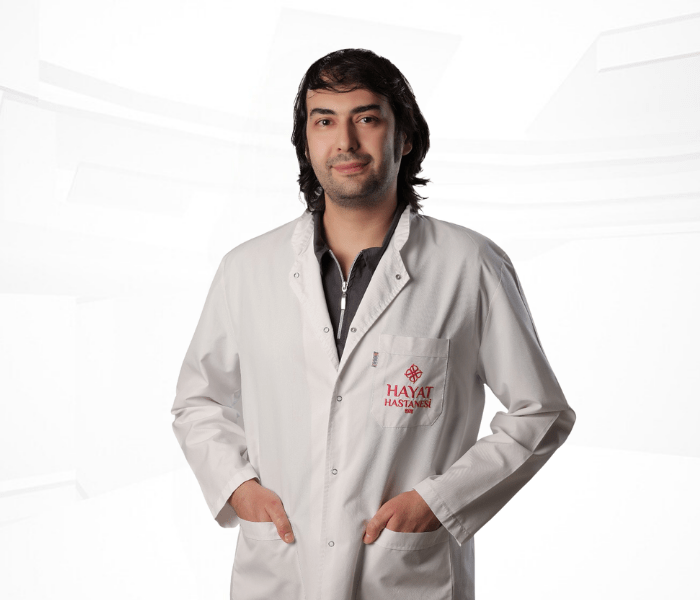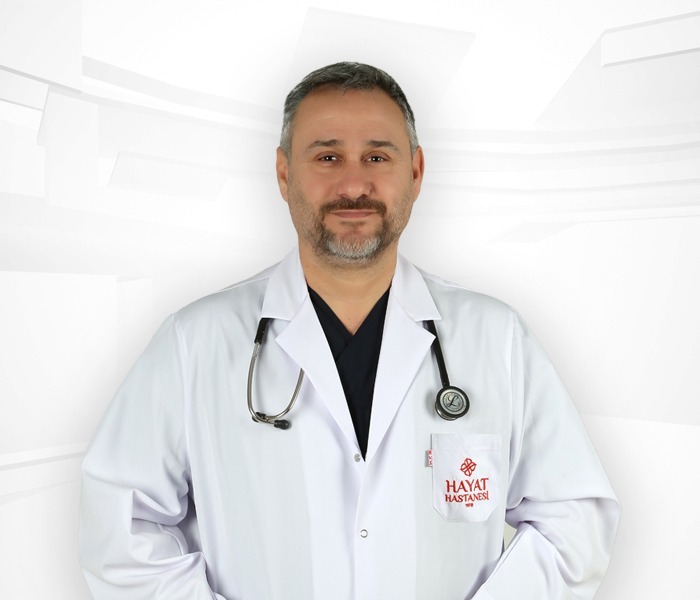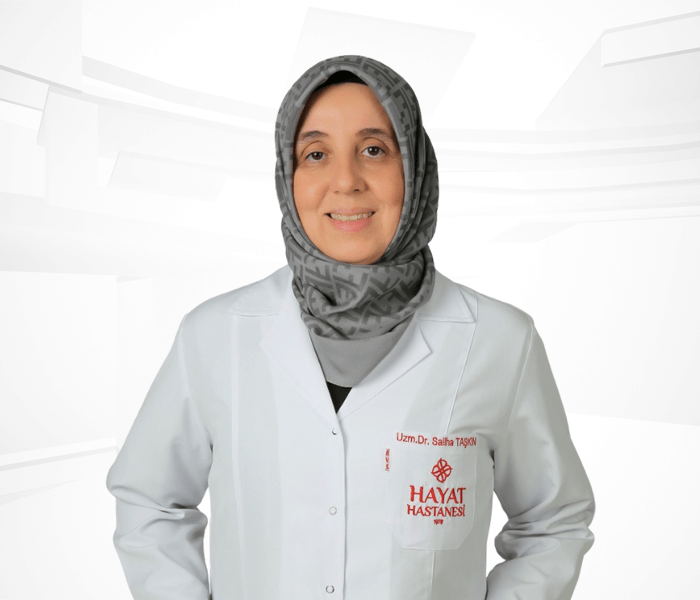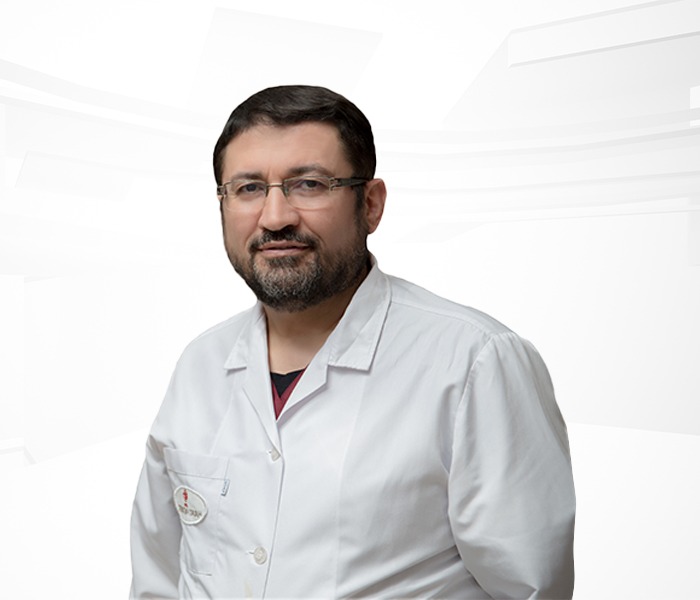- Home
- Departments
- Chest Diseases
Chest Diseases Unit
Patients with one or more of the following symptoms should consult a chest disease specialist:
Shortness of breath
Cough
Phlegm
Coughing up blood, blood in phlegm (hemoptysis)
Chest pain
What Diseases Does Chest Diseases Cover?
Respiratory system infections
Acute and chronic bronchitis
Pneumonia
COPD: Chronic obstructive pulmonary disease
Asthma (allergic asthma, non-allergic asthma, occupational asthma)
Tuberculosis (TB)
Lung cancers
Lung abscess, lung cyst, fungal and viral infections of the lung
Bronchiectasis (permanent widening of the bronchi)
Pleural diseases related to the lining of the lung, fluid accumulation in the lung (pleurisy)
Interstitial (related to the internal structure of the parenchyma) diseases of the lungs: idiopathic pulmonary fibrosis, sarcoidosis, asbestos, coal dust, chemical gas and vapor exposure
Sleep apnea syndrome: cessation of breathing for at least 10 seconds during sleep, feeling of suffocation and breathing difficulties during sleep, a disease accompanied by snoring.
What is done at the Chest Diseases Outpatient Clinic?
Diagnosis and treatment of all of the above diseases and all other lung diseases
Allergy Unit: coughing, shortness of breath, sneezing, runny nose and postnasal drip, watery eyes, itching, etc.
Allergy testing: skin prick test: pollen (grass, grains, trees), mites (house dust), fungi, animals, foods, etc.
Vaccine treatment: immunotherapy: for allergic patients.
Smoking Cessation Unit:
Examination, chest X-ray, EKG, pulmonary function test, blood test
Selection and implementation of an appropriate smoking cessation method
Medical treatment is administered: smoking cessation pills or nicotine therapy (patches, gum)
Pulmonary function test: measurement of shortness of breath and lung capacity.
Bronchoscopy-Lung endoscopy: Examination of the lungs to detect tumors and obtain biopsies from tumors.
Sleep tests: Patients with complaints such as excessive daytime sleepiness, snoring, sleep apnea, etc. are admitted to the sleep laboratory for the entire night to undergo a sleep test, and treatment is planned based on the results. Reports can be issued for therapeutic devices (CPAP, BIPAP, etc.) to be used at home.





